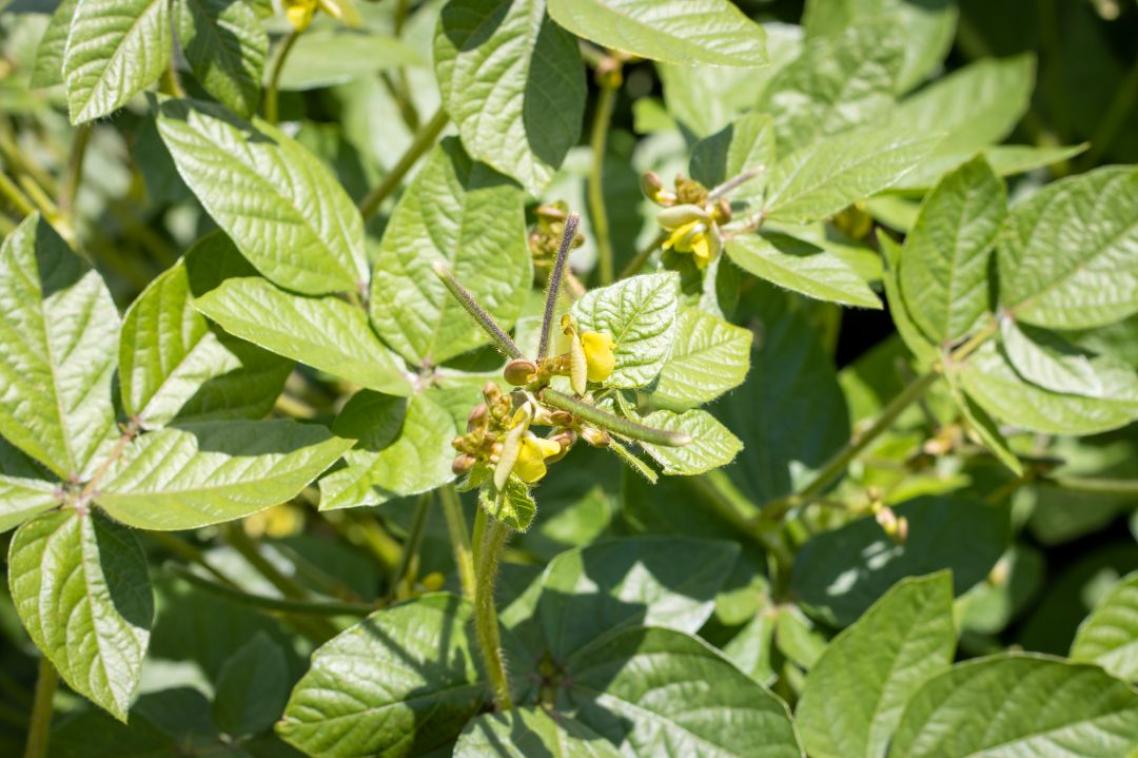Liver disease mapped at molecular level
Liver disease mapped at molecular level
Liver disease and liver failure due to excess alcohol consumption has been mapped (at a molecular level) for the first time as part of a University of Queensland research project.
Dr Roy Nicholls PhD study with the Biochemistry Department showed excessive alcohol levels in the liver raised the levels of a substance called acetaldehyde (AcH).
Acetaldehyde in large quantities was very reactive and modified proteins, lipids and DNA in detrimental ways, he said.
"My research looked at the ways AcH might exert its effects and lead to liver failure. It was discovered that acetaldehyde modified tubulin, a protein which organises the release of molecules made in the liver into the bloodstream," he said.
"The modification stops this process, causing the liver cells to expand due to the accumulation of these molecules. As a result, the liver cells essentially shut down leading to liver failure."
He said high AcH levels also modified a variety of other proteins, all of which could have pathological effects on the liver cell.
The modification of all of these proteins also resulted in the activation of the immune system, he said.
The immune cells were "fooled" into thinking the proteins were from an invading pathogen and attacked liver cells accelerating liver failure, Dr Nicholls said.
"Consequently, the big picture for the development of alcoholic hepatitis began to appear - people drank too much, their proteins were modified in the liver cells, which swelled, and sometimes exploded, releasing these proteins into the bloodstream. Here they were exposed to the immune system, which was activated, and started to attack liver cells which possessed these modified proteins, resulting in liver damage, or hepatitis," he said.
Dr Nicholls is a perfusionist at Prince Charles Hospital. Major hospitals have only three to four perfusionists who run heart-lung machines while patients have open heart surgery.
For more information, contact Dr Nicholls (telephone 07 3350 8705 or 07 3857 7571 or pager 07 3831 6199 number 92640).
Related articles

Australia needs doctors – so why are hundreds of qualified international physicians unable to work?

Flowering discovery could lead to more reliable mungbean yields
Media contact
UQ Communications
communications@uq.edu.au
+61 429 056 139
